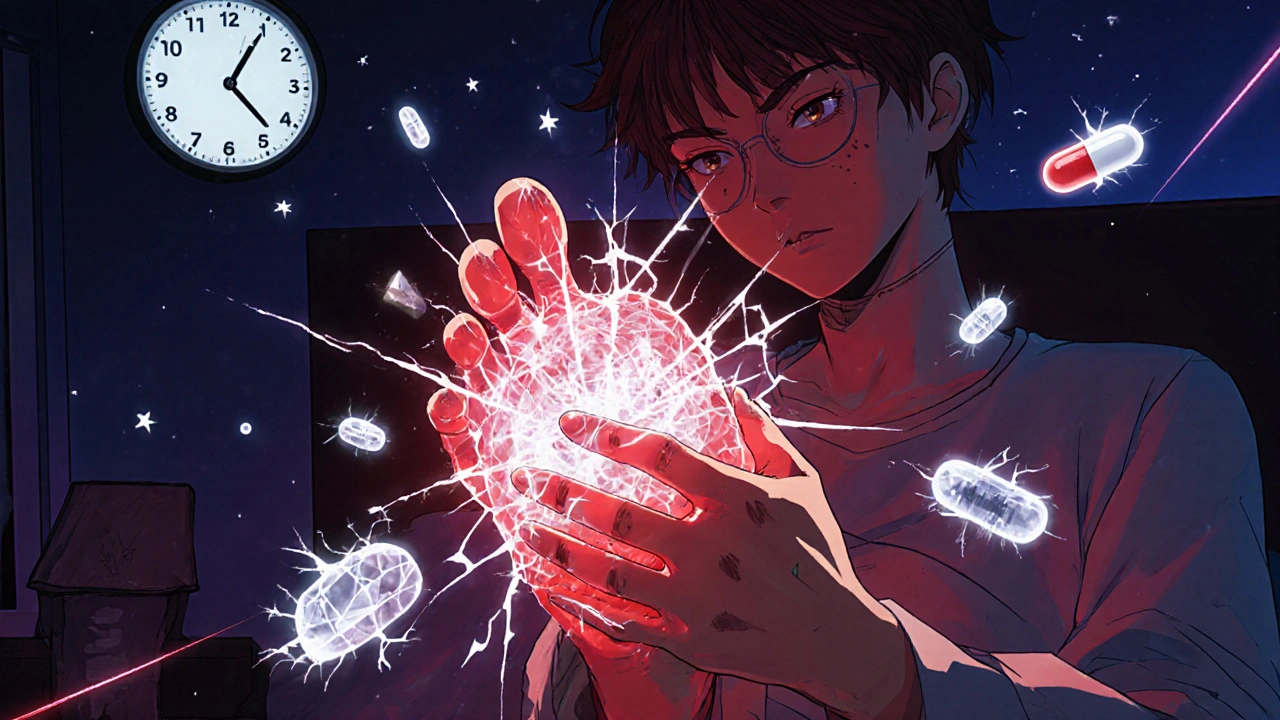Gout Treatment: What Works, What Doesn't, and How to Manage It
When you have gout, a painful form of arthritis caused by high levels of uric acid in the blood that forms sharp crystals in joints. Also known as uric acid arthritis, it doesn’t just hurt—it can stop you in your tracks, especially in the big toe, knees, or ankles. This isn’t just about avoiding beer or red meat. It’s about understanding what’s really driving your flare-ups and how your other medications might be making them worse.
One of the biggest surprises for people with gout is that chlorthalidone, a common blood pressure pill that’s also a diuretic. Also known as a thiazide-like diuretic, it can raise uric acid levels and trigger gout attacks. If you’re on this drug and still getting flares, it’s not your fault—you might just need a different blood pressure option. gout management, the long-term strategy to keep uric acid under control and prevent joint damage. Also known as hyperuricemia control, it’s not just about pills—it’s about tracking your labs, knowing which foods to limit, and understanding how your other meds interact. Many people think gout is just a diet problem, but the truth is, your kidneys, your weight, your genetics, and your medications all play a role. You can’t just "eat better" and call it done.
Some drugs help. Allopurinol and febuxostat lower uric acid production. Colchicine and NSAIDs calm flares. But here’s the catch: if you’re on a diuretic like chlorthalidone, you might need to switch to a different blood pressure med—like losartan, which actually helps lower uric acid. And if you’re taking steroids for other conditions, stopping them too fast can also trigger gout. It’s a chain reaction. That’s why you need a clear plan, not just a quick fix.
What you’ll find below isn’t just a list of drugs. It’s a collection of real, practical guides that connect the dots between gout, your medications, and your daily life. You’ll see how chlorthalidone affects your joints, what lab tests actually matter, and which alternatives might work better for you. No fluff. No guesswork. Just what you need to take control—before your next flare hits.
Colchicine vs Alternatives: What Works Best for Gout and Inflammation?
Colchicine treats gout flares but has serious side effects. Learn how NSAIDs, steroids, and newer biologics compare as safer, more effective alternatives based on your health profile.






